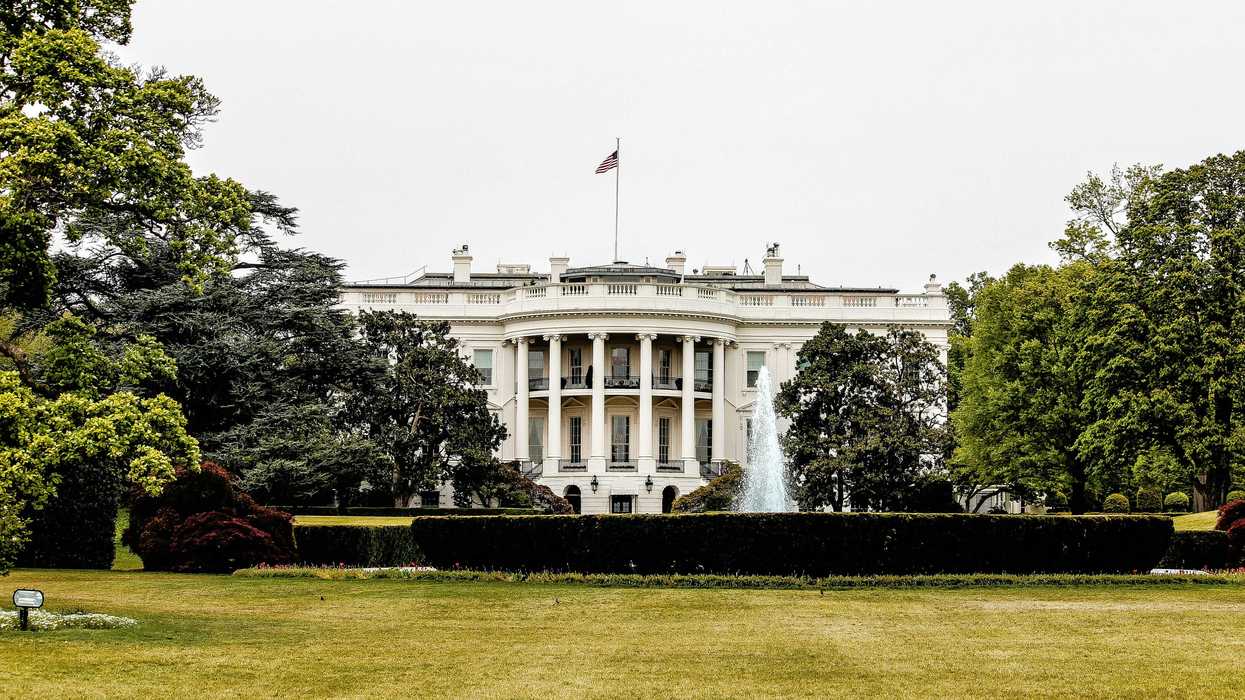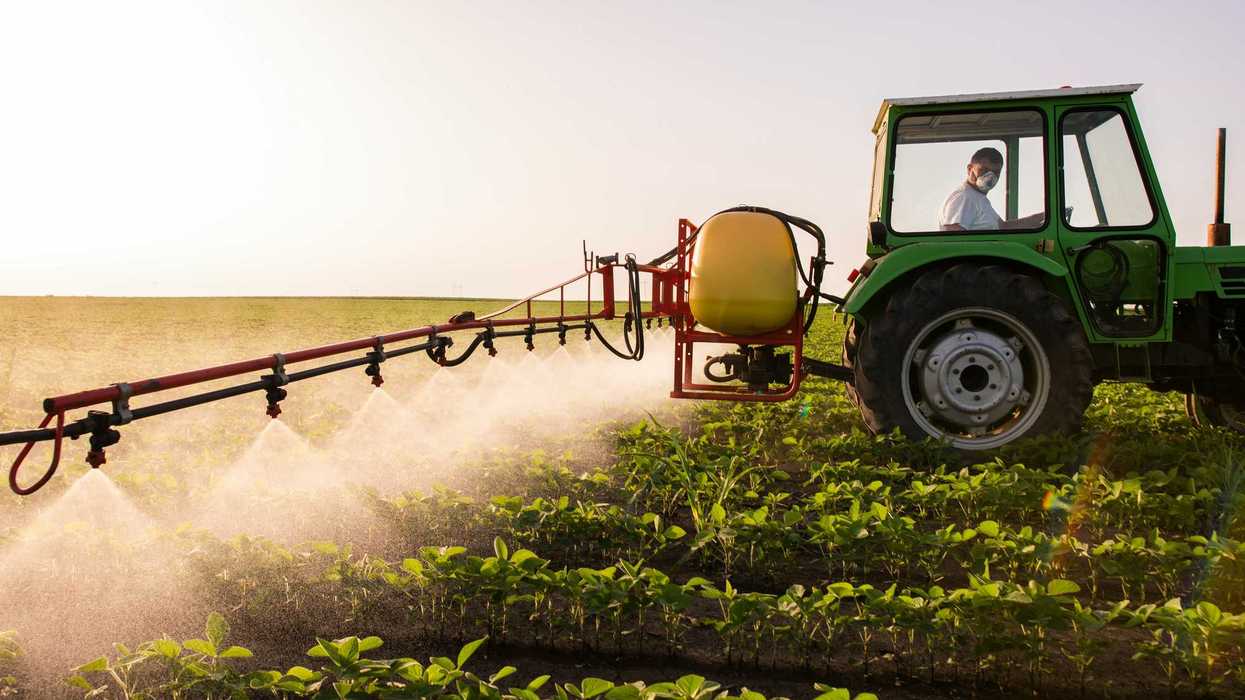Texas lawmakers passed a food labeling bill that unites parts of the political spectrum by targeting chemical additives in food, though critics warn it may raise costs and create national supply chain issues.
Terri Langford and Jess Huff report for The Texas Tribune.
In short:
- Senate Bill 25, dubbed the “Make Texas Healthy Again” bill, will require warning labels on foods containing over 40 additives banned in Canada, the EU, or the UK, though sweeteners like aspartame were removed after industry backlash.
- The bill reflects a rare alliance between Democrats and Republicans, energized by U.S. Health Secretary Robert F. Kennedy Jr., and includes new requirements for health and nutrition education in schools and among medical professionals.
- Critics, including major food manufacturers and some lawmakers, argue the law could increase food prices and burden businesses, while supporters see it as a step toward prevention-driven public health policy in a state where diabetes costs Medicaid $8 billion annually.
Key quote:
“This sweeping legislation is not just another bill. It’s a call to action — one that so many Texans and Americans are realizing — that something is wrong and that something needs to change in our food industry and in our sedentary lifestyle.”
— Lois Kolkhorst, Texas Senate Health and Human Services Committee Chair
Why this matters:
Texas is staking a new claim in the politics of food and public health. By demanding clearer labels for food additives already banned abroad, lawmakers are challenging national industry norms and turning the state into a bellwether for broader regulatory change. This shift carries health and environmental implications. Many of the targeted additives are tied to chronic illnesses like diabetes, which disproportionately affect low-income and rural communities with limited access to healthy foods. While manufacturers argue the law creates chaos and raises prices, advocates say it could force companies to clean up their products for the entire U.S. market, just as California once did with air quality. If Texas’ rules stick, the ripple effect could push federal regulators and other states to revisit long-overlooked standards, changing what Americans eat — and how they think about it.
Read more: Eating ultra-processed foods linked to higher early death rates, global study finds














